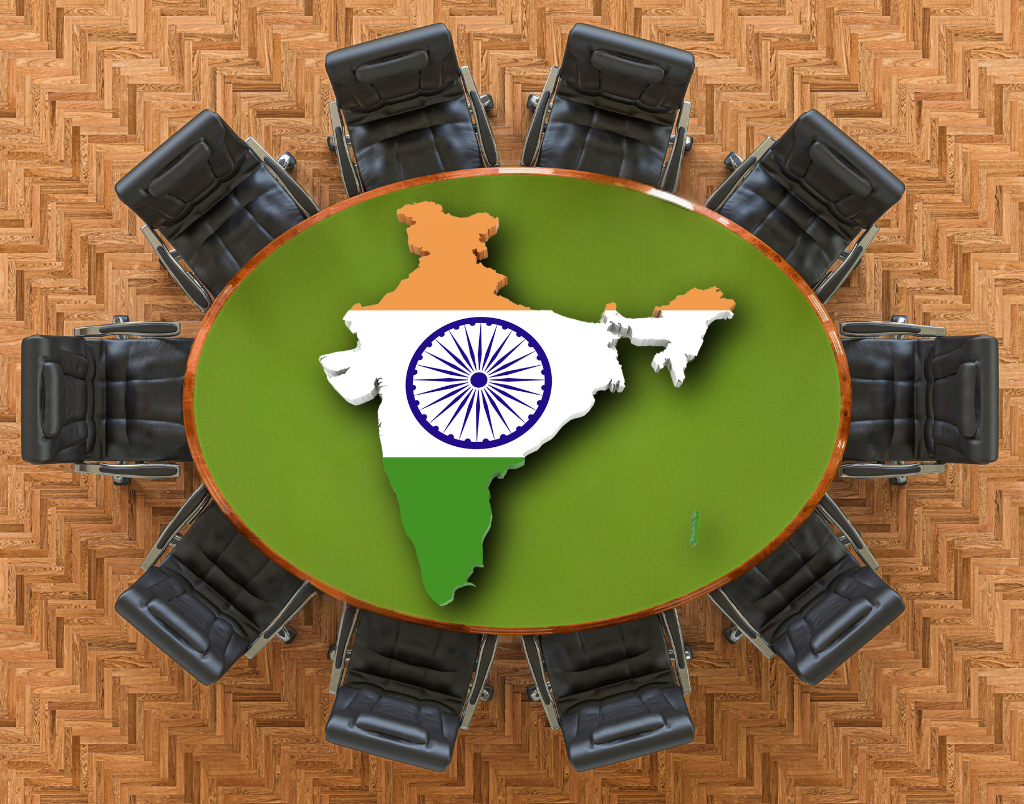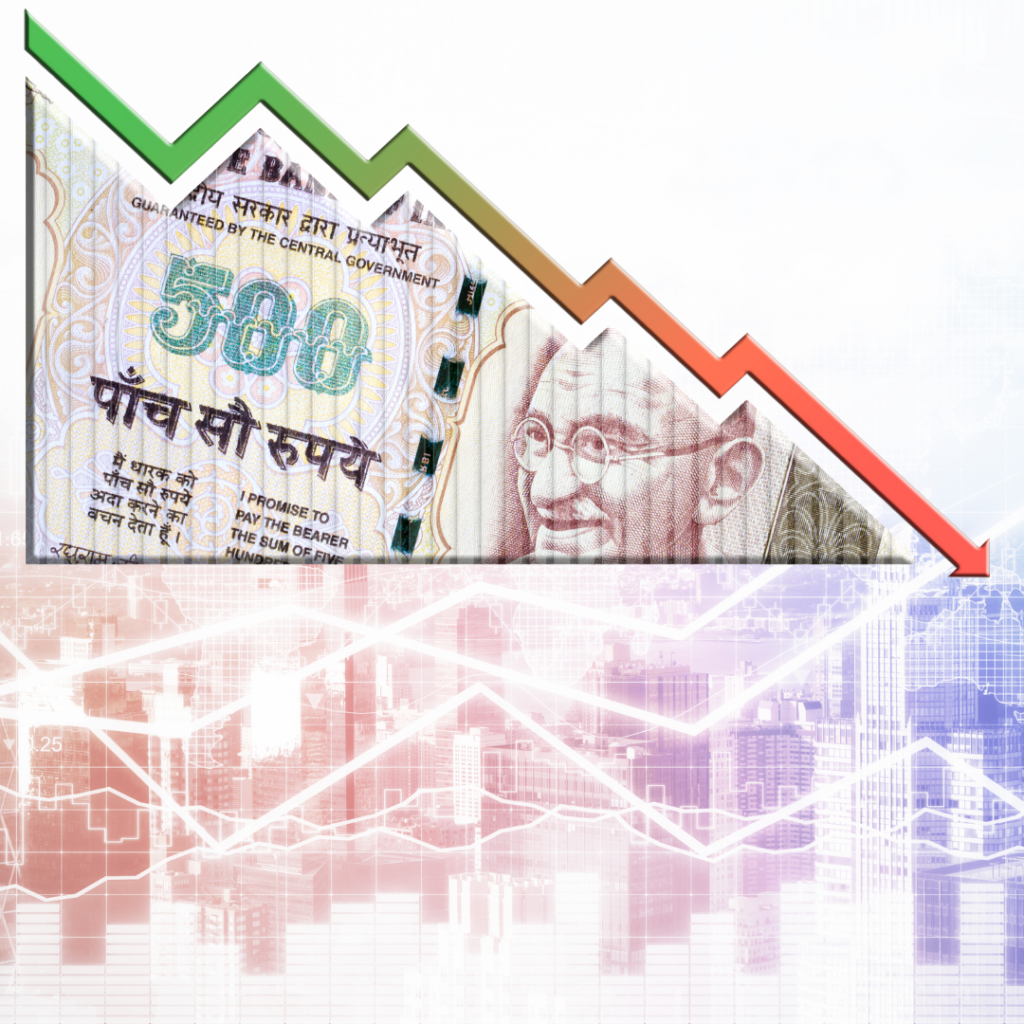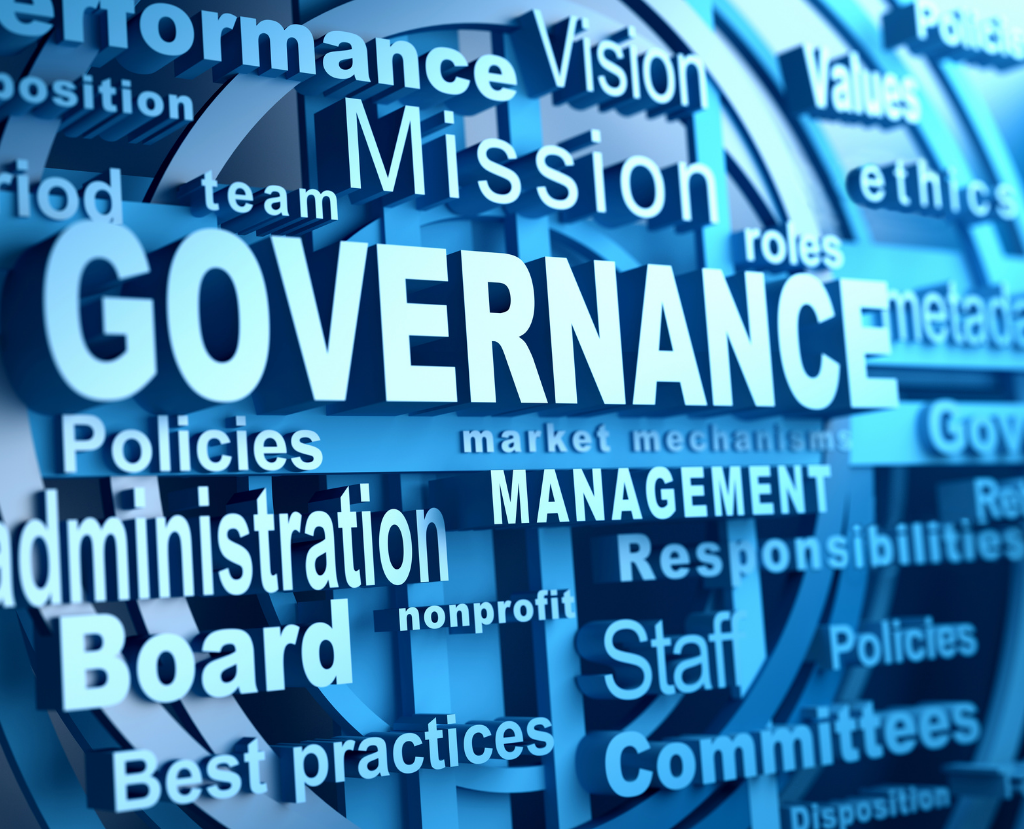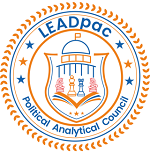Interviews with Political Analysts in India

Insights from Leading Political Analysts
India, the world’s largest democracy, is a vibrant and complex political landscape. With its diverse population, myriad political parties, and dynamic socio-economic challenges, understanding Indian politics requires deep insights and nuanced perspectives. We interviewed several prominent political analysts to discuss the key trends, challenges, and future prospects of India’s political scene.

The Rise of Regional Parties and Coalitions
One of the most notable trends in recent Indian politics is the increasing influence of regional parties. Dr. Kavita Rao, a political science professor at Jawaharlal Nehru University, explains, “Regional parties have gained significant traction by addressing local issues that national parties often overlook. They provide a platform for regional identity and local governance, which resonates deeply with the electorate.”
Rao points out that this rise has led to a fragmented political landscape, resulting in coalition governments. “Coalitions bring diverse voices to the table, fostering inclusive governance. However, they also lead to political instability and policy paralysis due to conflicting interests among coalition partners,” she adds.

The Impact of Social Media and Technology
Technology’s role in shaping Indian politics cannot be overstated. According to Rajesh Kumar, a senior analyst at the Observer Research Foundation, social media has revolutionized political campaigning and public engagement. “Platforms like Twitter, Facebook, and WhatsApp have become crucial tools for political mobilization and communication. They allow parties to reach a vast audience quickly and efficiently,” Kumar observes.
However, Kumar warns about the darker side of this digital revolution. “The spread of misinformation and fake news is a significant concern. It can manipulate public opinion and create societal divides. Ensuring the integrity of information is essential for the health of our democracy,” he emphasizes.
Economic Development and Political Strategy

Economic development remains a cornerstone of political strategy in India. Dr. Anjali Deshmukh, an economist and political analyst, notes that economic policies heavily influence voter behavior. “Parties that promise and deliver on economic growth, job creation, and poverty alleviation often enjoy substantial support. The electorate is keenly aware of economic issues and demands tangible results,” she explains.
Deshmukh highlights the importance of balancing economic growth with social welfare. “While GDP growth is crucial, equitable distribution of wealth and addressing socio-economic disparities are equally important. Political parties must focus on inclusive development to maintain public trust and support,” she asserts.
The Challenge of Identity Politics

Identity politics is another critical aspect of India’s political landscape. Dr. Arvind Sharma, a sociologist and political commentator, remarks, “Caste, religion, and regional identity continue to play a significant role in shaping political allegiances. Politicians often leverage these identities to mobilize support, sometimes at the cost of social cohesion.”
Sharma stresses the need for a more inclusive approach. “While identity-based politics can be empowering, it should not lead to divisiveness. Promoting national unity while respecting diversity is a delicate but necessary balance,” he advises.
The Future of Democratic Governance in India
Looking forward, our analysts offer varied perspectives on the future of India’s democratic governance. Dr. Neha Singh, a political theorist at the University of Delhi, expresses cautious optimism. “India’s democratic institutions have shown resilience despite numerous challenges. Civil society, free media, and an independent judiciary play crucial roles in safeguarding democracy,” she says.
Conversely, Vikram Mehta, a political risk consultant, voices concerns about recent trends. “The centralization of power and weakening of democratic institutions are worrying. Protecting democratic norms and ensuring accountability is vital for the future of our democracy,” he cautions.

Conclusion
The insights from these political analysts highlight the complexities and dynamism of India’s political landscape. While there are significant challenges, there are also opportunities for positive change and inclusive growth. Engaging with the political process, staying informed, and advocating for democratic values are essential for the continued health of India’s democracy.
As Dr. Rao aptly puts it, “India’s democracy is a work in progress. It requires active participation and vigilance from all stakeholders to ensure it remains robust and vibrant.” The perspectives shared by our experts provide a valuable framework for understanding and addressing the political issues that will shape India’s future.
